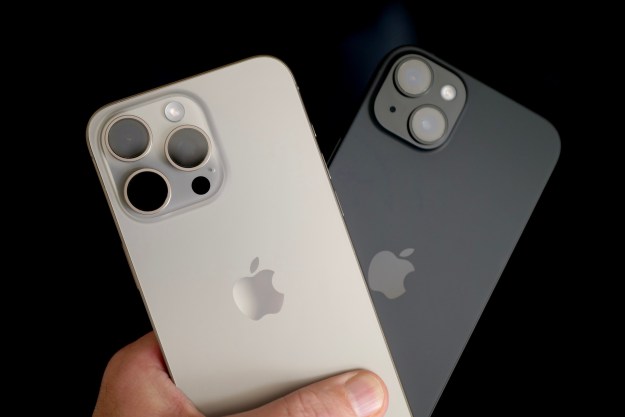Huawei has finally unveiled its own, long-discussed operating system, called HarmonyOS. The software platform took center stage at Huawei’s developer conference in China, where we learned it’s designed to offer a unified and cohesive experience across a variety of devices including tablets, wearables, computers, cars, smart screens, and other smart devices; but crucially it won’t be coming to smartphones … yet.
Previously known as Hongmeng, which is the name the software will have in China and means, “genesis.” Rumors of a Huawei-built operating system have been circulating for some time now, with some whispers going back as far as a year ago. But work on the OS stretches back even further than that, with development having started two years ago, according to the company.
“We’re entering a day and age where people expect a holistic intelligent experience across all devices and scenarios,” said Richard Yu, CEO of Huawei’s Consumer Business Group. “To support this, we felt it was important to have an operating system with improved cross-platform capabilities. We needed an OS that supports all scenarios, that can be used across a broad range of devices and platforms, and that can meet consumer demand for low latency and strong security.”
For key aspects, not for phones yet
Yu claims HarmonyOS is technically different to Android and iOS as it’s micro-kernel based, much like Google’s Fuchsia software. Huawei wants developers to create apps once, and for the OS to provide the flexibility to then distribute them across multiple product ranges and devices. This flexible distribution is one of four important aspects of HarmonyOS, joined by an emphasis on resource management, low app latency, and high performance, plus enhanced security, and ease of developing apps for different devices and hardware configurations.
An operating system is nothing without developers. Huawei has taken the sensible decision to make HarmonyOS open-source globally, and has a three-year plan to optimize the platform for new devices. The first product to launch with HarmonyOS will be the Honor Vision smart screen, followed by other smart screen devices — a Huawei Vision is also mentioned in the press release, suggesting Huawei is also planning a smart screen of its own — wearables, and in-car entertainment systems.
Why not smartphones? Huawei is committed to Android, something it has repeated many times, and it clearly has no wish to break away from Google’s ecosystem any time soon — unless it’s absolutely forced to. While Huawei’s battle with the U.S. government continues, the chance
China, and the future
In addition to keeping HarmonyOS away from smartphones, it will also be kept inside China for now. Huawei says this will help it “lay the foundations” for the software and engage with the millions using connected devices already, before expanding out into the global market. Don’t think this means Huawei doesn’t have serious aspirations for HarmonyOS. During the next few years, it will share the software’s connectivity, camera, and artificial intelligence abilities with global partners — and those features are major selling points for Huawei’s phones.
The name Harmony has been chosen for a reason. Richard Yu said he hopes the software will bring more peace and convenience to the world. But there’s another side — it represents harmony inside Huawei and across its ever-growing range of connected devices, at a time when political machinations and complex business relationships make it otherwise hard to achieve.
Editors' Recommendations
- An Apple insider just revealed how iOS 18’s AI features will work
- This one thing could make iOS 18 the best iPhone update in years
- Your iPhone just got a new iOS update, and you should download it right now
- iOS 18 may be a giant iPhone update. Here are 6 things it needs
- I need this iOS concept feature on my iPhone right now




